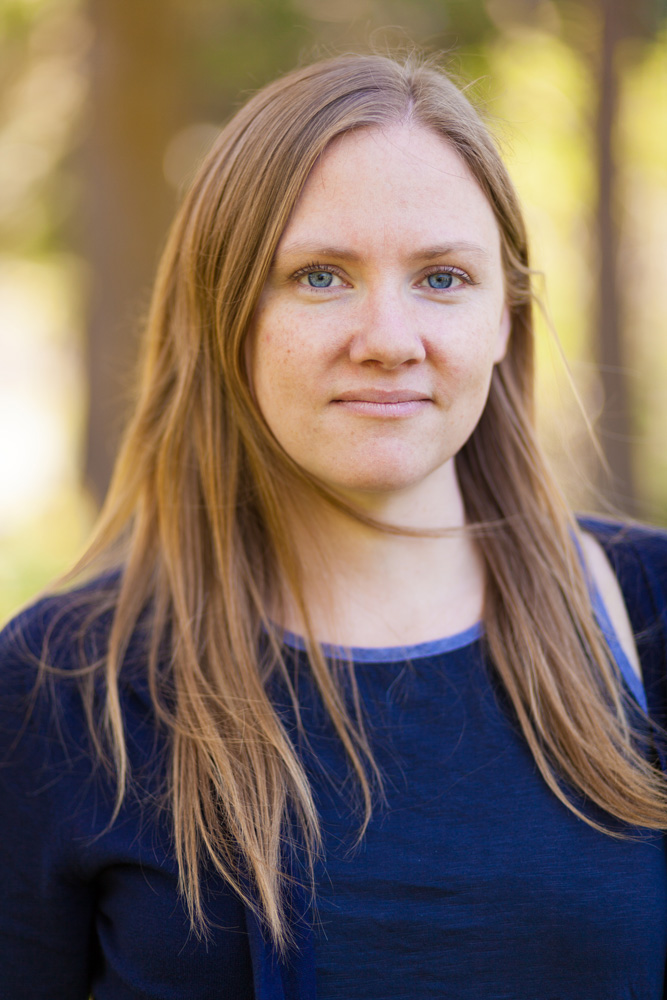
Stacey Jeffery
“I try to figure out what types of problems we can do faster with a quantum computer than we can with a classical computer, what those algorithms look like, and how we can do those computations securely. There are some kinds of classical algorithms that can always be sped up with a quantum computer. For example, if you want to find a mathematical object that has a particular property, you might start to look at a whole bunch of objects and test each one for the property you want.”
Interview
What is your current research?
I work on quantum algorithms and quantum cryptography, two broad applications of quantum computing. I try to figure out what types of problems we can do faster with a quantum computer than we can with a classical computer, what those algorithms look like, and how we can do those computations securely. There are some kinds of classical algorithms that can always be sped up with a quantum computer. For example, if you want to find a mathematical object that has a particular property, you might start to look at a whole bunch of objects and test each one for the property you want. That search process of continually sampling will be much faster on a quantum computer than on a classical one, so any time you have a classical algorithm that relies on that technique, you know right away that the quantum version will be an improvement. In other cases, there is no classical analog to a quantum algorithm, but instead we look at the techniques we have available to us and try to imagine what other problems they might be able to help us solve. By proving that a new algorithm would find the answer to a given question in a certain number of steps — hopefully a smaller number than it would take on a classical computer — we hope to optimize these quantum processes, which will be useful for all kinds of future applications in quantum computing.
What drew you to this work?
I took a class as an undergraduate computer science major and was so intrigued by the subject that I became a research assistant for the professor. He was really interested in quantum algorithms and cryptography, and that’s how I got started in the field. I am really drawn to the elegance of the mathematics, and I like working on something that has so much potential to be useful. Coming to Caltech now as a postdoc has been a very eye-opening experience because I come from a computer science background, and there are so many people working on various aspects of the physics here at the IQIM. It’s much more on the implementation side than what I’ve been exposed to so far, and being part of this group seems like a really good way to expand into other areas.
What do you do when you’re not doing physics?
I really enjoy listening to and making music, and singing is a big hobby of mine. I am also continually impressed by the weather here, and having moved from Ontario, Canada, last year, I really appreciate these consistently gorgeous days and try to take full advantage of them.